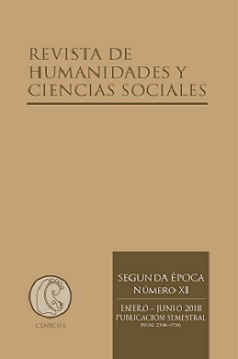Configuration of the models of educational quality in Central America: Critical study perspective
DOI:
https://doi.org/10.5377/rhcs.v0i11.8049Keywords:
Quality of education in Central America, comparative education, educational reforms, educational policy formation process, international and cultural political economyAbstract
The phenomenon of educational quality tends to be studied in Central America from approaches quantitative research, since it is equates performance indicators.
In This essay aims to study critically the category of “educational quality” as «Practices and discourses», that is, as «models» Structured sociohistorically that are crystallized in policies, programs and national educational plans.
In the first part of the essay, we will argue that the landmark historical core partner to study are the educational reforms at the end of the years 80 and early 90’s and its related policies to the promotion of educational quality. In the second part, we will develop the construct «policy formation process education “, as it constitutes the pillar of our theoretical- methodological strategy.
In In this sense, we will show why the analyzes of Edwards are useful to understand the influence of international organizations on education systems in the region, in both power dynamics; and those of Apple for understand the influence of the national context political, economic and cultural aspects of what will be understood and practiced as quality of education in the isthmus, as an ideology.
Being the analytical proposal of Antoni Verger which, to some extent, reconciles both perspectives.
Downloads
980

